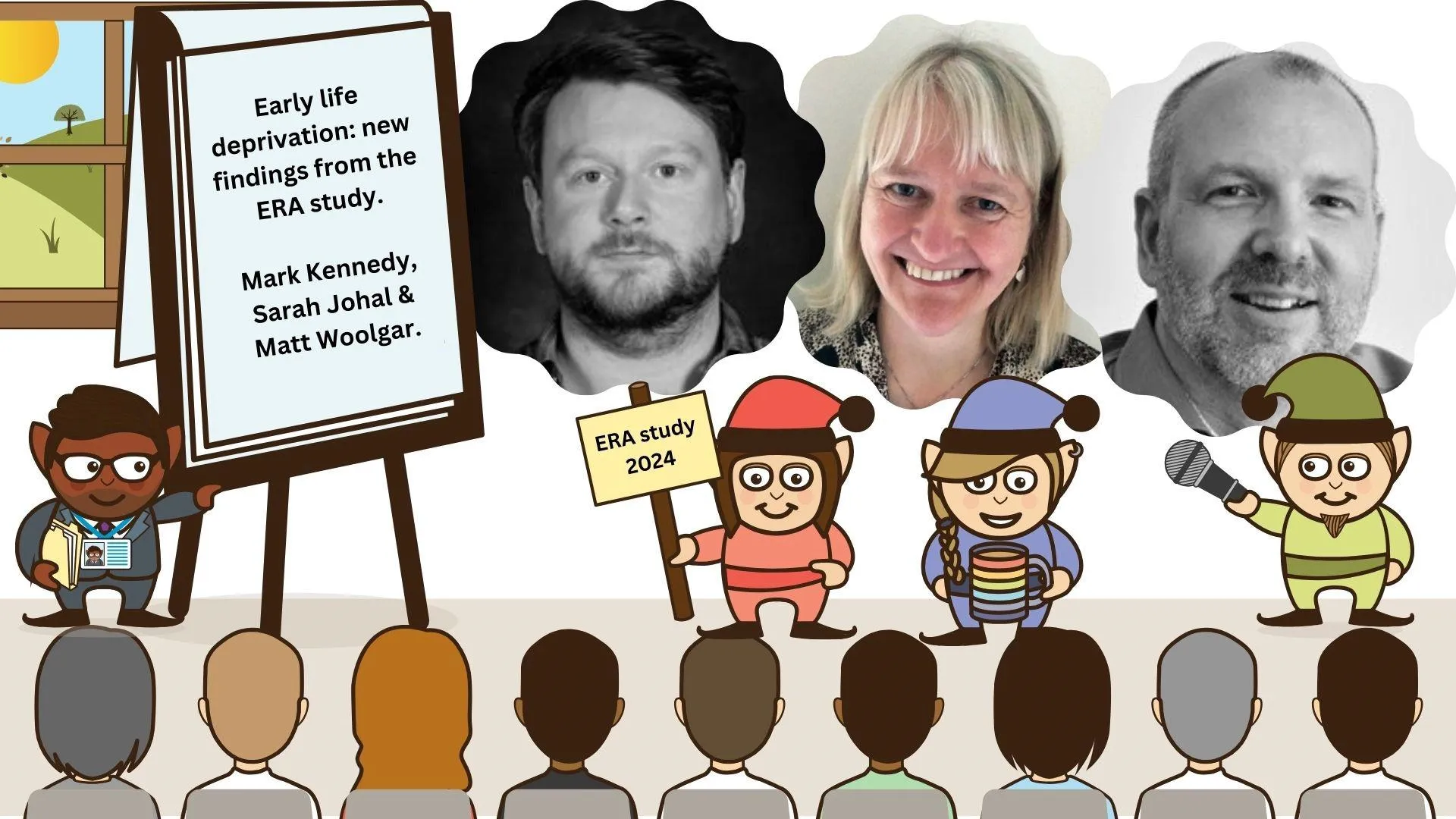The English and Romanian Adoptee (ERA) Project
The English and Romanian Adoptee (ERA) Project was a longitudinal, multi-method investigation of the development of children adopted into the UK from Romania in the early 1990's. It was funded by the Department of Health, Jacobs Foundation and Nuffield Foundation and was led by Professor Sir Michael Rutter and Professor Edmund Sonuga-Barke. Over nearly twenty years the study has documented the development of Romanian adoptees and has revolutionised our understanding of the impact of early adversity on development. Find out more about the ERA project and it's findings.
Although many adoptees, despite suffering terrible trauma and deprivation, seemed to have developed well, a large proportion have suffered from severe and impairing neuro-developmental disorders. We are extending the work of the primary study in two main areas.
The first is analysis of the brain imaging data we have collected from some of the adoptees and uncovering what that can tell us about how early experience shapes brain development. See the findings from a recent study.
Secondly, we are going behind the quantitative data to identify ways that early trauma-exposed adoptees suffering ADHD and co-occurring disorders navigate the transition to adulthood and what adoptive families and support services can do to help them. We know this transition is pivotal in determining long-term outcomes – but it can also present challenges. This work is funded by a grant from The Waterloo Foundation. For more information on this project, please contact Professor Edmund Sonuga-Barke.
Our recent qualitative findings suggest that neurodevelopmental correlates of early adversity is an issue that is not well understood by service providers and often goes unnoticed. Therefore, there are difficulties in getting access to the right support. Alongside this, around a fifth of those who have gone on to become parents themselves have encountered difficulties and again, have struggled to get the help needed, often leaving the adoptive parents to provide this much needed day-to-day help themselves. This work highlights how the needs of adopted children should be seen as a lifespan issue and that for some, the support needs extend beyond childhood.
Read more in this blog post exploring previously institutionalised adoptees continued support needs in young adulthood: new perspectives on becoming a parent.

Listen to the Mental Elf podcast episode on the ERA Project here.
